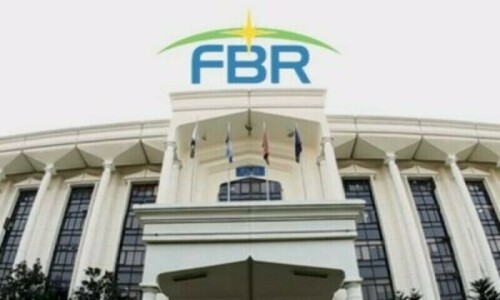In addition to his planned meeting with United States (US) Secretary of State Michael Pompeo, Foreign Minister Shah Mehmood Qureshi will also hold a meeting with the country's National Security Adviser (NSA) John Bolton at the White House, it emerged on Monday.
Qureshi had arrived in Washington DC on Sunday for talks on bilateral relations with US officials following his trip to New York for the United Nation's General Assembly session. He is expected to meet both, Bolton and Pompeo, on Tuesday.
His first stop is expected to be the White House where he will meet Bolton for talks on untangling Pakistan’s ruffled relations with the US. He will then proceed to the US State Department for his second meeting with the secretary of state.
On Monday, Qureshi will meet Pakistani diplomats and experts to prepare for the crucial talks that are to be held on Tuesday.
Pompeo and Qureshi first met in Islamabad early in September when the US government approached the new Pakistani government to discuss key issues that have strained decades-old ties between the two countries.
In a briefing about his earlier meeting, Pompeo said that, following the election of Prime Minister Imran Khan in July, the US "wanted to get out there at the beginning of his time in an effort to reset the relationship between the two countries".
It was during his Islamabad visit that Pompeo invited the Pakistani foreign minister to visit Washington for further talks.
Pak-US relations and the Afghan dynamic
Speaking to a US radio station over the weekend about the newly-elected government's foreign policy objectives, particularly in regard to the US and Afghanistan, Zalmay Khalilzad, the new US envoy for Afghanistan said: “Pakistan says now that it wants to turn a new page, that it wants to help the US with this objective (Afghan reconciliation) that I outlined. And we'll have to see”.
Khalilzad said that the Trump administration was ready to learn from the new Pakistani government about how they wanted to address the main issue, Afghanistan.
When asked about how the two countries would overcome the lack of trust that prevents them from rebuilding ties, he said, “It's not about trust. I mean, we're talking about international politics. Trust is good, but, you know, you have to verify, and that would apply to a lot of states.”
Diplomatic observers in Washington see a genuine desire from both sides to rebuild ties but warn them to move “step by step, tackling the major issues first, if they want progress,” as one of them said.
According to these observers, the most pressing question before the Pakistani and US negotiators will be to determine how to reset ties.
“Will it be a repeat of the same, old rhetoric or something new is also on the plate,” asked an observer adding, “If the Americans continue to ask Pakistan to do more and Pakistan insists that it has already done what the Americans want it to do, where will these talks go?”
The observer was referring to the US position that Pakistan needs to take more concrete steps against those Afghan Taliban — particularly the Haqqani Network — who allegedly use its territory to carry out attacks in Afghanistan.
Pakistan says that it has already eradicated all terrorist hideouts from the tribal areas and attacks in Afghanistan do not originate from Pakistani territory.
The US also wants Pakistan to persuade the Taliban to join the Afghan reconciliation process.
Pakistanis says that they are willing to do so, but there should also be a general reconciliation that improves relations between the US and Pakistan.
“No arming twisting. Normalise relations, expand cooperation and then work together in resolving the Afghan dispute,” said a Pakistani expert on US-Pakistan relations who did not want to be identified.
He argued that in today’s Pakistan, it was no longer possible to ignore public opinion and “unless Americans take steps that have a positive impact on the Pakistani public opinion, there will be no real improvement in bilateral relations”.
Pakistani officials also endorse these views and say that whatever success they achieved in the war against terror, they did so through national consensus and they wanted a similar consensus on US-Pakistan relations.
“The Pakistani people, and not just the government, should see the US as a friend,” one official said.


















































